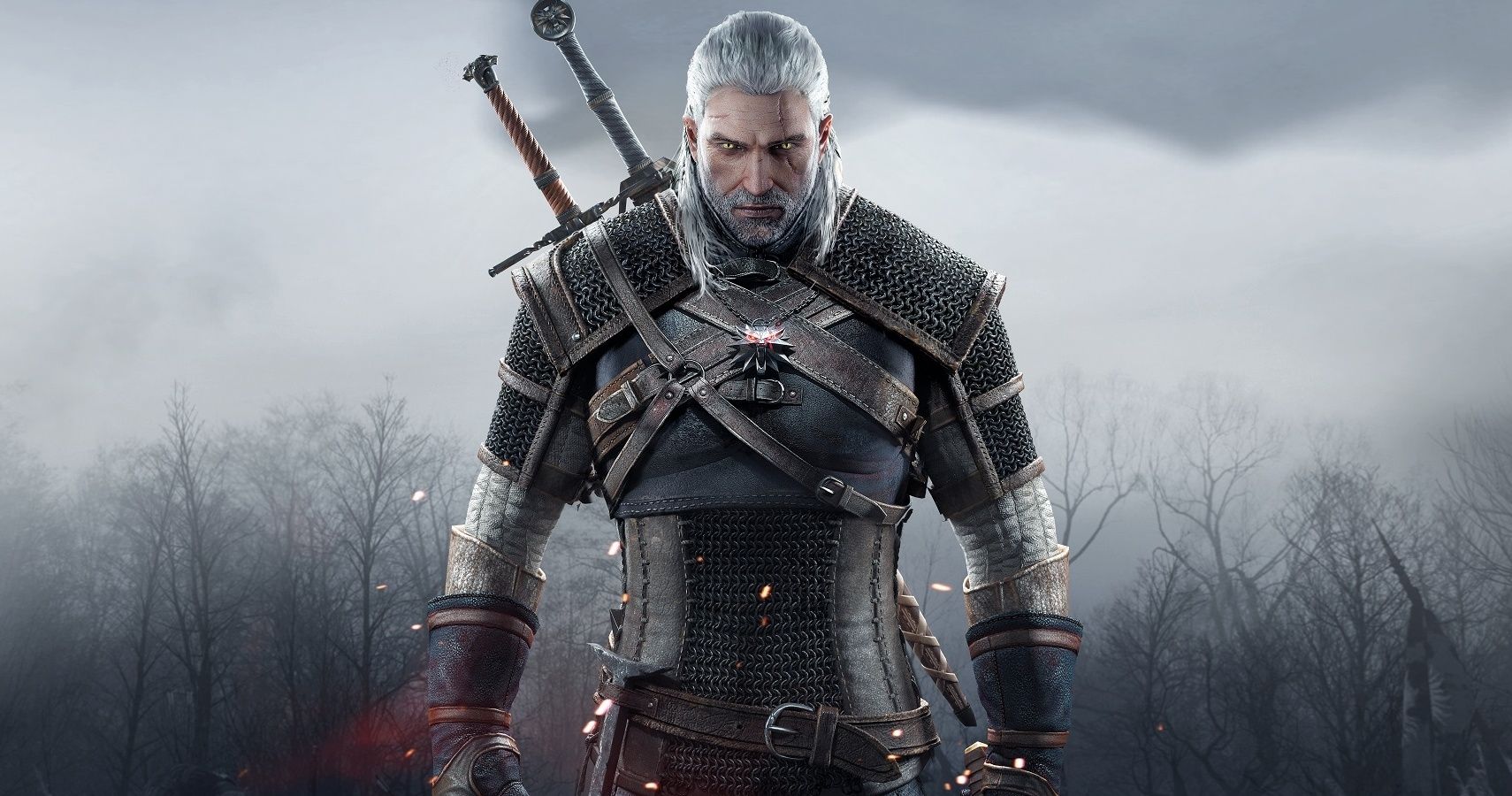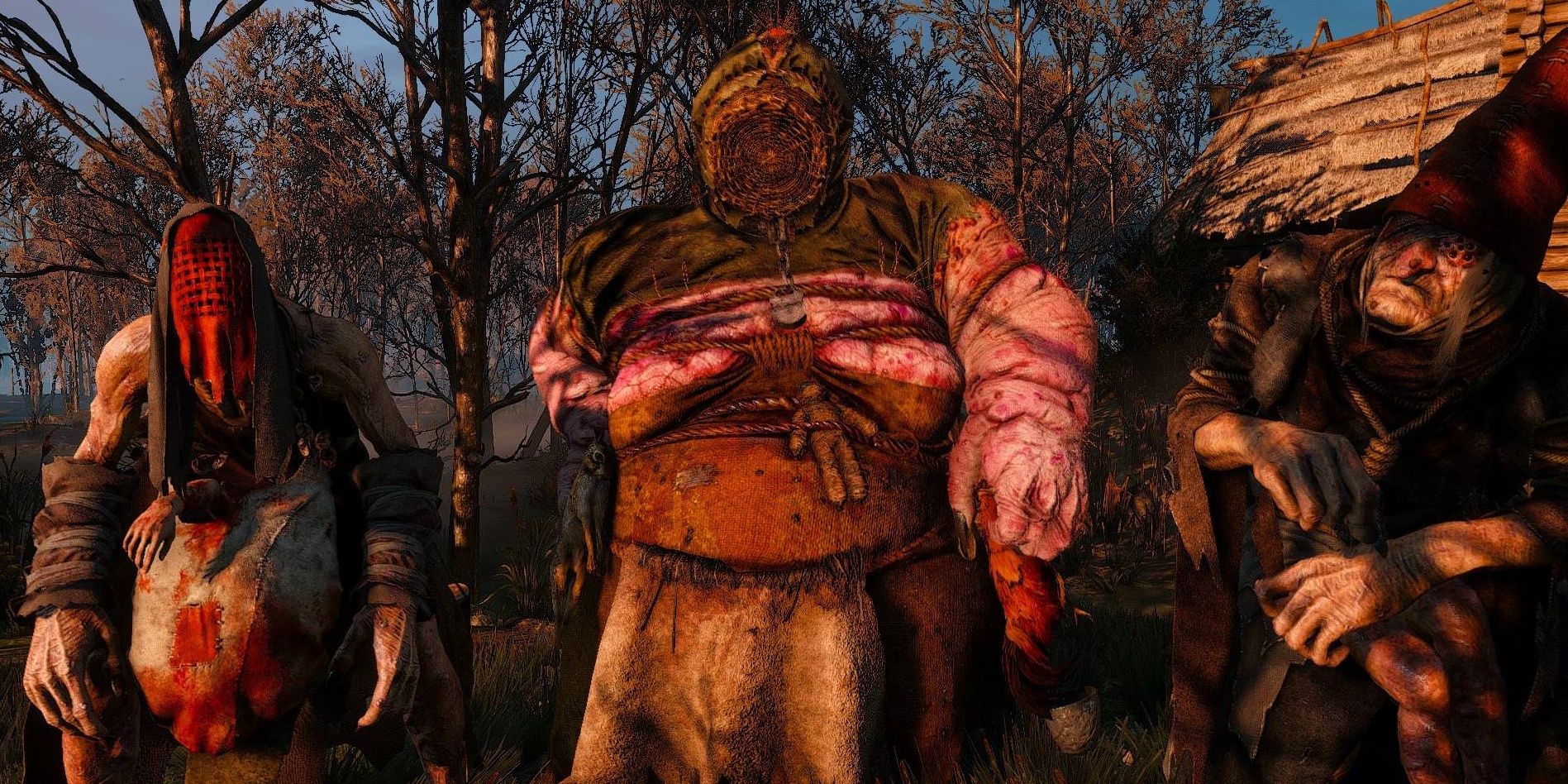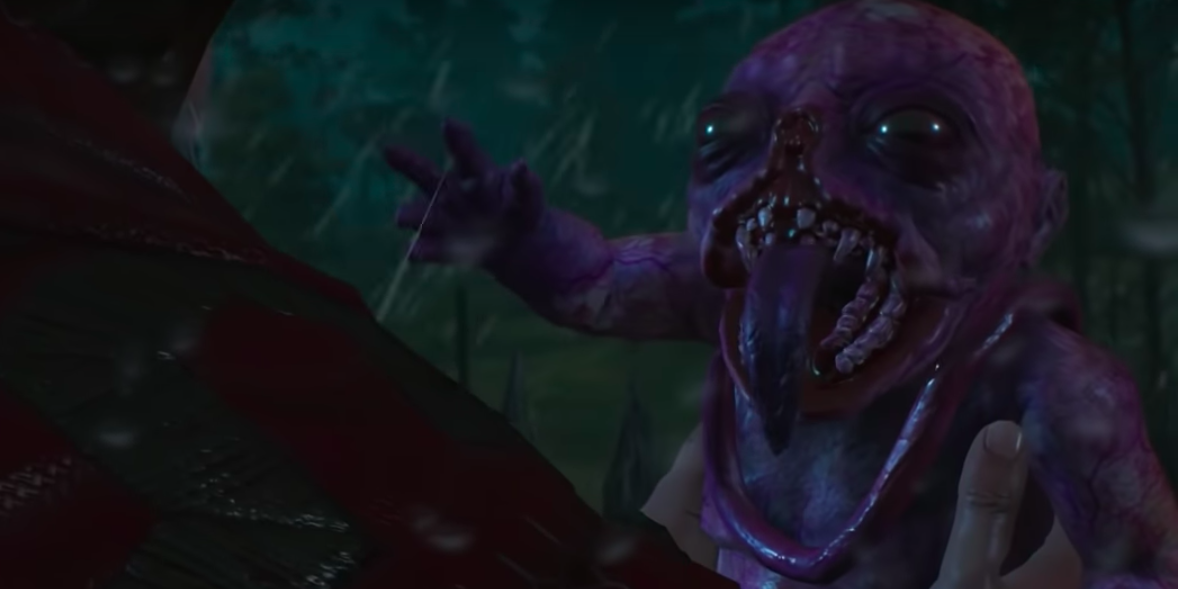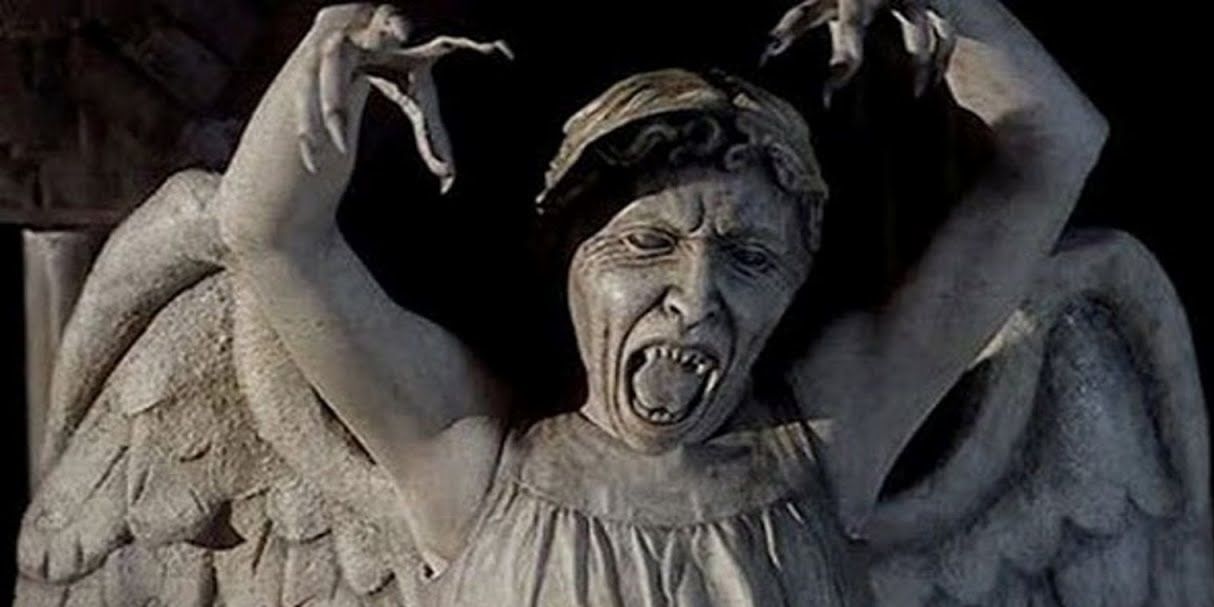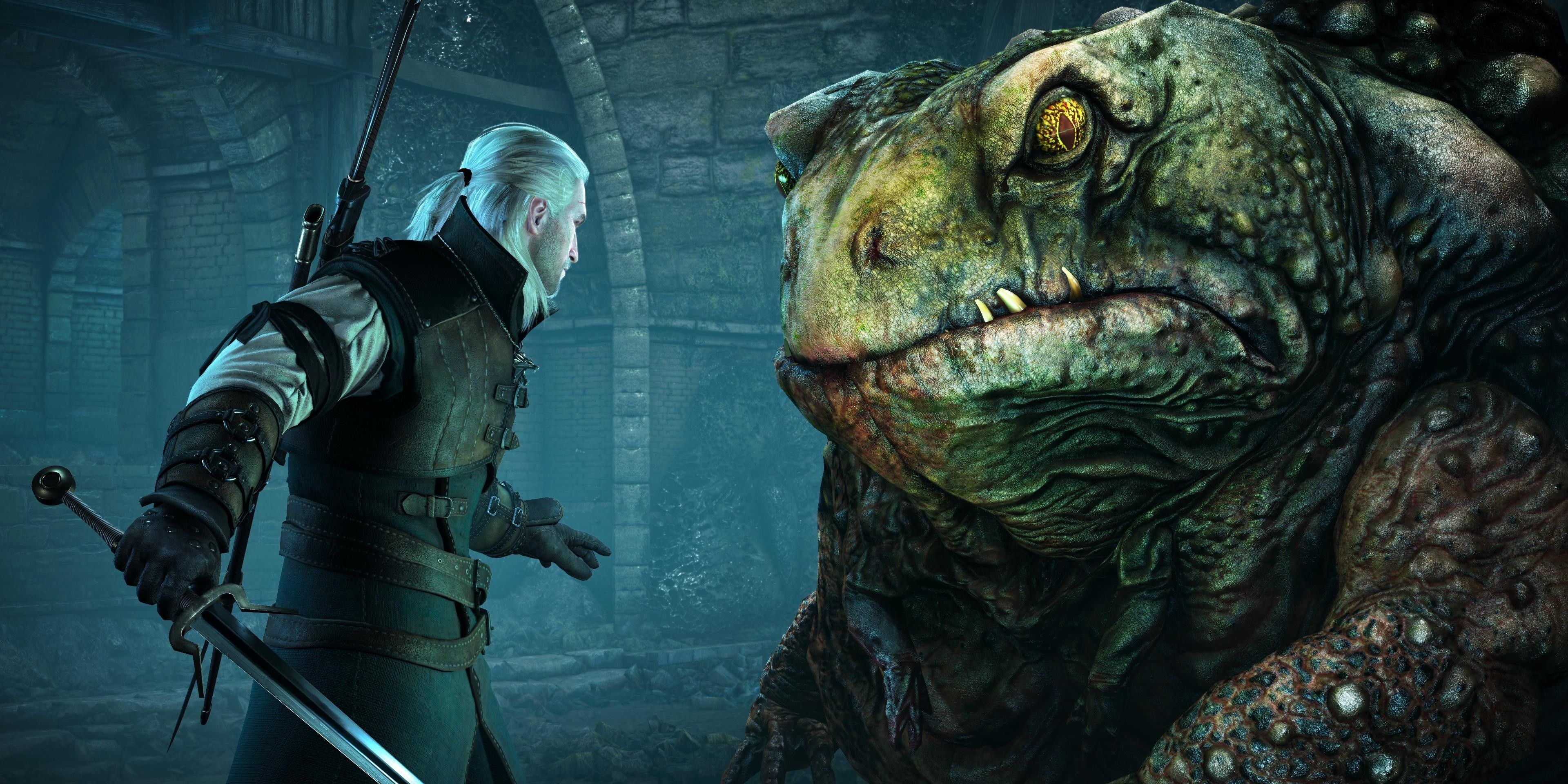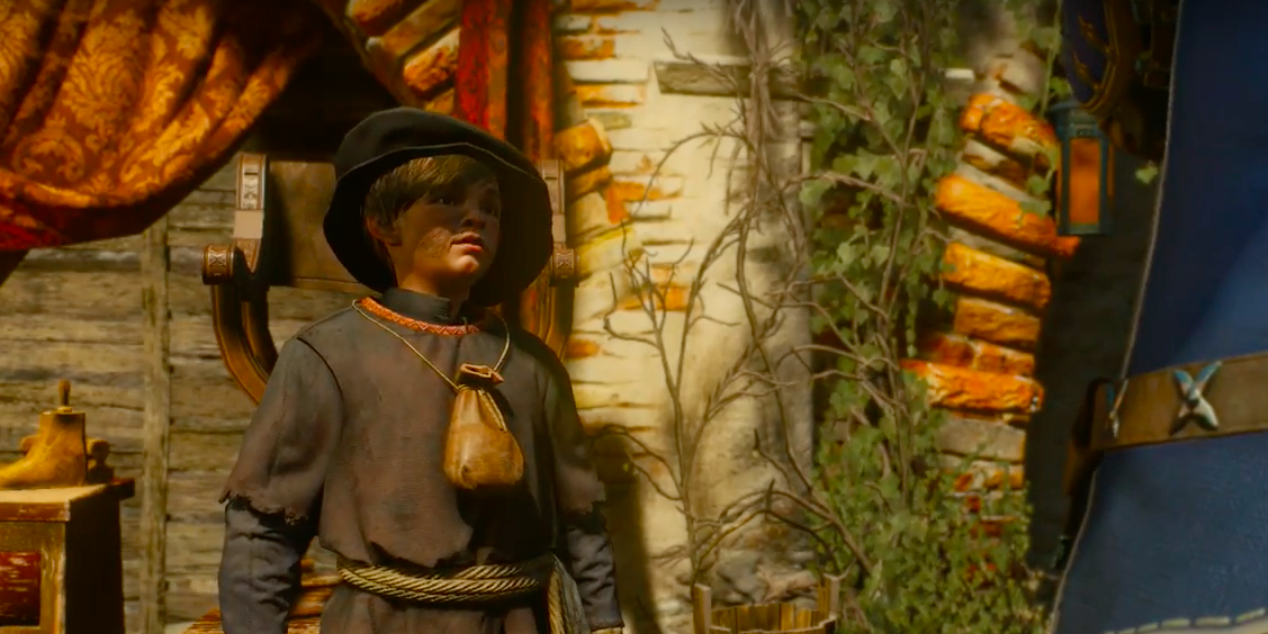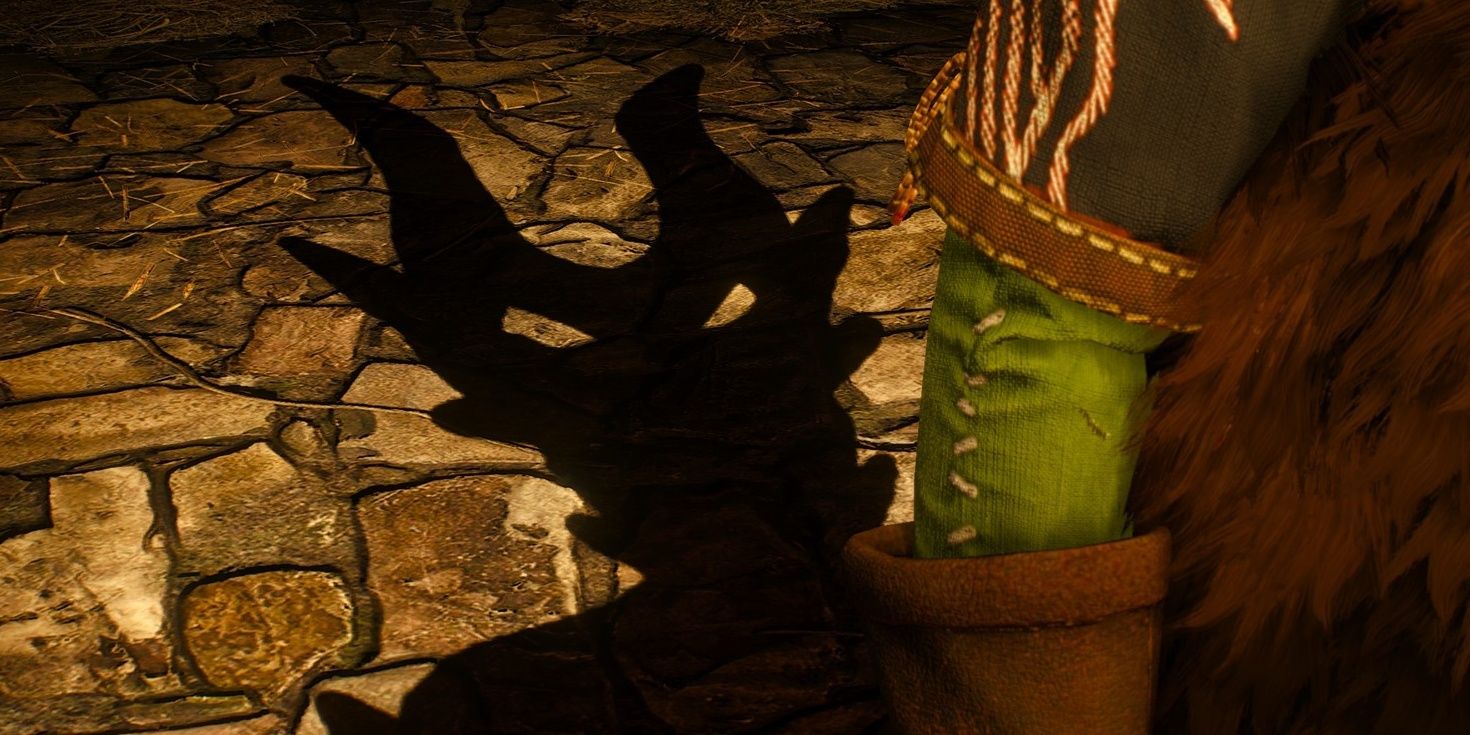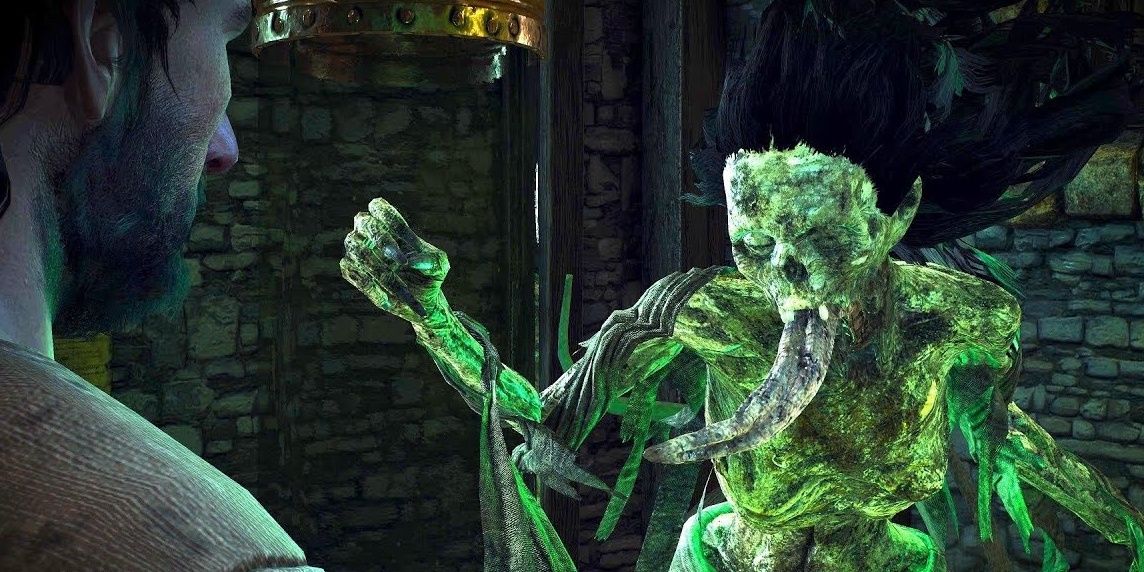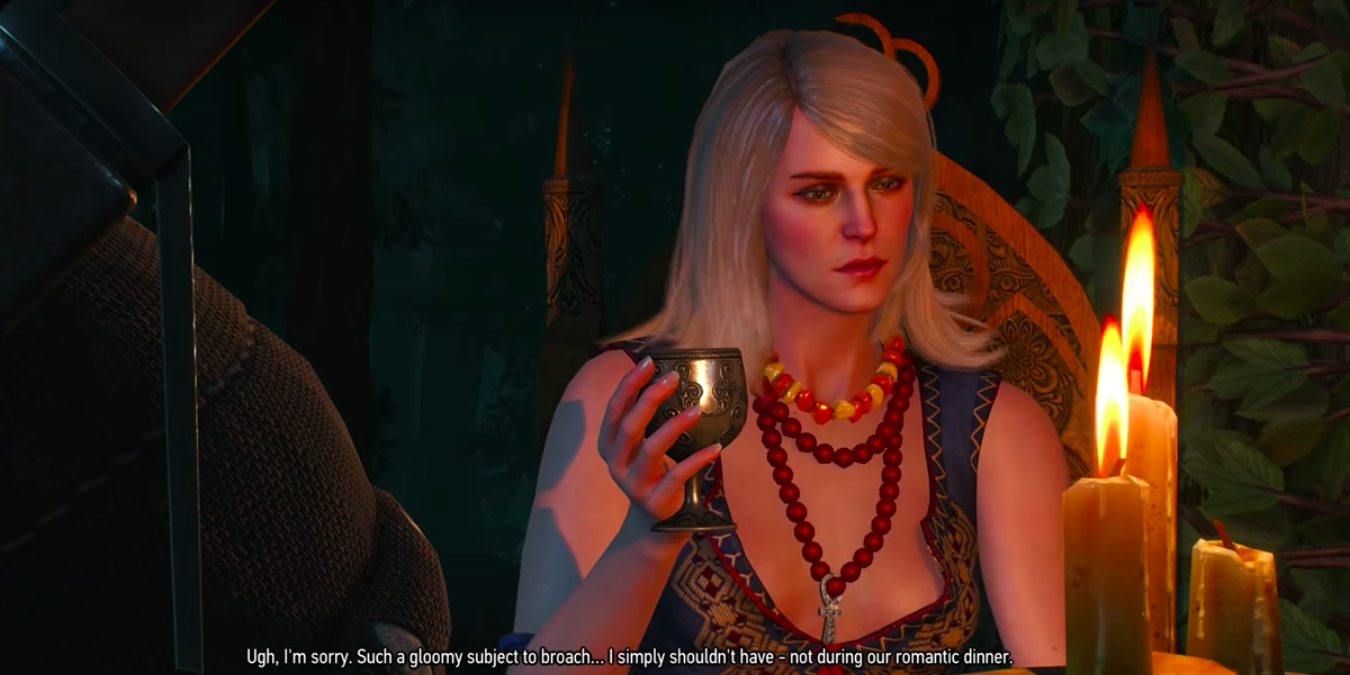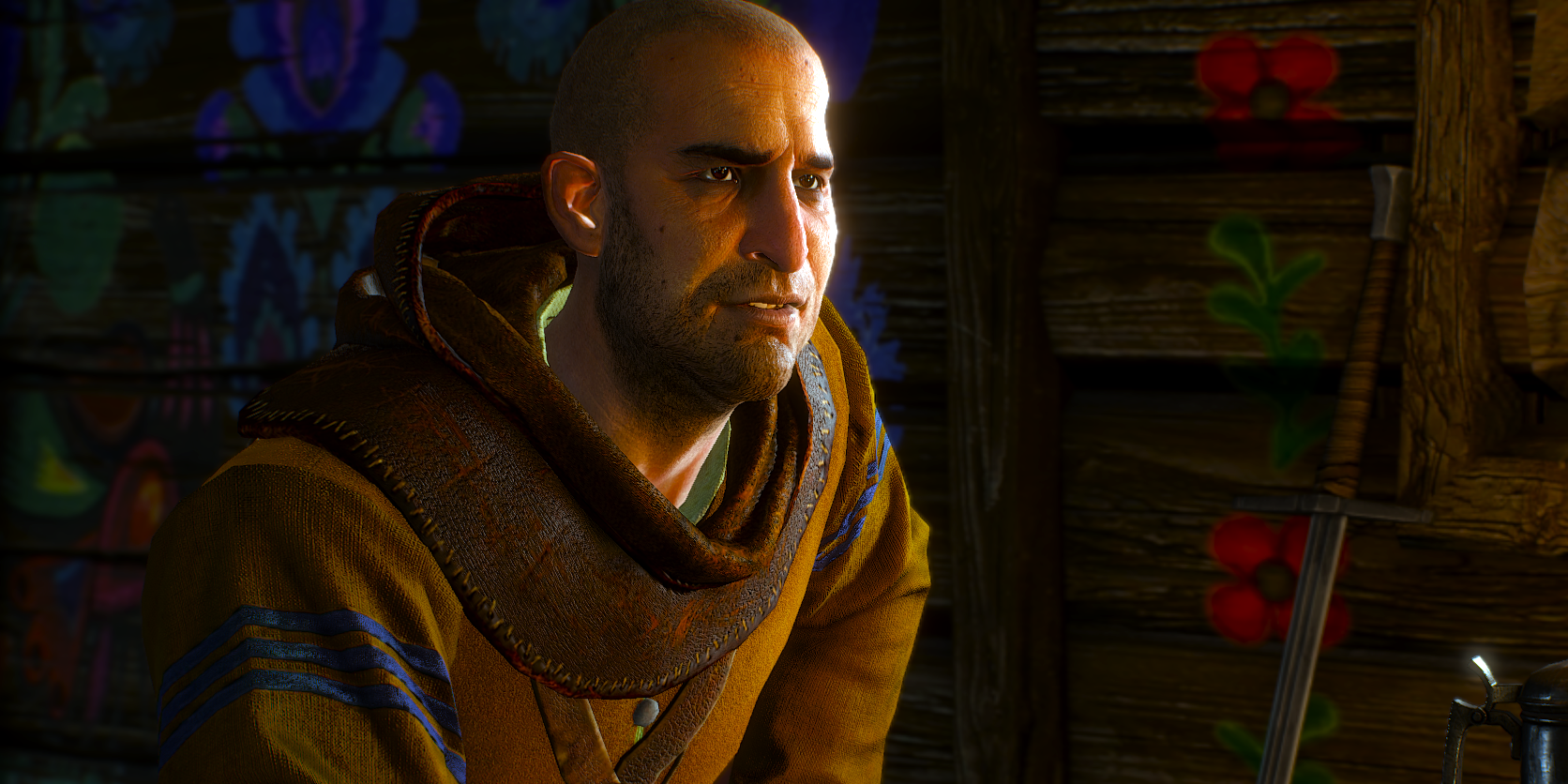Netflix's The Witcher has been the top-streamed show since its release. Bookstores have been selling out of The Witcher novels and anthologies while the games are getting plenty of love as they continually get compared to the show.
There is a lot to love about the franchise from its rich complex characters to its dark twisting plot--not to mention the sheer satisfaction that comes from hearing star actor Henry Cavill drop F-bombs in Geralt of Rivia's gravelly voice. For all the adult content on the show, the games are even more prone to featuring mature material. Here are 10 things from the games too mature for the show:
Ladies of the Wood
It is hard to think of anyone in The Witcher as terrifying as the Ladies of the Wood. These three crones have incredible magical abilities, but hideous appearances. They live in Crookback Bog, watching over the people there in exchange for sacrifices, such as people occasionally cutting off their own ears to give to the Ladies. They also have a woman they've hired to fatten orphans for them to eat.
Beyond their ghastly appearances--which would cost a fortune in practical effects to bring to life on screen--the Ladies of the Wood are so magically powerful that they almost break the rules of the world.
The Bloody Botchling
The Bloody Baron is a major character in The Witcher 3: Wild Hunt. His real name is Phillip Strenger and he is a rotund man with a very dark past. At some point in the past, the baron got into a drunken rage while his wife Anna was pregnant. He blacked out and when he came to, his wife was gone, and the only thing that was left behind was his late child. He disposed of the child, but it returned as a botchling--a particularly savage ghost.
There are plenty of thematic reasons to include this story and, if we are being honest, Geralt battling an undead murderous ghost-fetus might be a bit much.
Angels
This is actually a cool horror Easter Egg in the games. If Geralt strays into the wrong cemetery in The Witcher 3, he will come upon statues of stone angels. Every time he looks away and moves some distance, then looks back, he will find the angels have followed him and are facing his direction. This is a reference to the weeping angels in Doctor Who.
While it is a really cool detail that is genuinely creepy, it would not translate well into the show and would come off more comical than serious.
Von Everec Estate
The von Everec Estate is an old dilapidated stretch of land with a rich manor house which belonged to the von Everec family in Redania. The whole of the grounds are riddled with horror elements from the ghastly paintings in the manor to the faceless Caretaker in the cemetery.
Honestly, this setting would be a really cool environment to set an episode, but to make it work in a narrative context for the show, a lot of the best parts would need to be cut, rendering the whole thing practically unrecognizable to fans.
Bootblack
Those who played through the Blood and Wine expansion of The Witcher 3 will no doubt remember the bootblack, an infuriating shoeshine boy who uses unethical business practices to gain as much coin as possible off of the people of the town. He makes "mud" puddles of emptied chamber pots that people are force to stomp through, then charges them to clean the very mess he made. He also charges an obscene fortune to shine someone's boots.
Including this swindler in the show will have pushed Geralt over the edge, as the kid's slimy greed-driven business practices are more blatantly evil than most of the monsters Geralt fights.
Hym
The Hym is a type of ghost that uses a person's guilt as a conduit to possess its victim and manifests as black spectral shapes, leeching the life off from their victims by making them suffer immense guilt.
This is another example of an enemy with a lot of cool possibilities from a storytelling angle. There is a lot that can be explored with making characters suffer through their guilty consciences. However, such a narrative device is seldom handled well by writers, coming off as hoaky most of the time. Also, a ghost made of dark shadows seems like a gimmicky low-budget special effect.
Powerful of Mice
Geralt begins romancing the sorceress Kiera Metz after completing the quest "Powerful of Mice," which opens with Kiera and Geralt traveling to a stone tower on the isle of Fyke. A mage named Alexander had lived there and performed experiments with plague on both rats and people. Eventually, peasants revolted and attacked the tower. The daughter of the local lord, Anabelle, swallowed a potion Alexander gave her, which turned out to be a sleeping draught, causing her to collapse in a paralyzed state. While trapped in this state, a swarm of rats ended her life.
This is a great story. Unfortunately, it is recounted by Anabelle's ghost. The Victorian-inspired gothic atmosphere required to make such a scene work just isn't part of the world established in Netflix's version of The Witcher.
Romancing Kiera
Kiera is a character who can be pursued romantically in The Witcher 3. Like so many women in Geralt's life, after the two have a date that comes to a climactic ending, she takes advantage of him being unconscious to pursue her own agenda without him getting in her way.
There are a couple ways the romance can end, but one of those endings has Geralt kill Kiera. Not only is this repeating a trope from the very first episode, but watching a male protagonist end the life of a romantic partner could be in bad taste.
Gaunter O'Dimm
Gaunter is one of the mysterious powerful entities populating the world of The Witcher. Also known as the Man of Glass or the Master Mirror, he can conjures storms, teleport, and perform various miracles, all the while spying on events from the background. Like the devil, he has a love of making pacts with people in exchange for their souls. However, his initials suggest he also might be some manner of dark god.
While Gaunter is a great character, frankly, the idea of Geralt bargaining for his or another person's soul would change the nature of the witcher's character from a mere monster hunter to some sort of messianic force of spiritual good. Geralt might not embrace evil, but he's no angel either.

